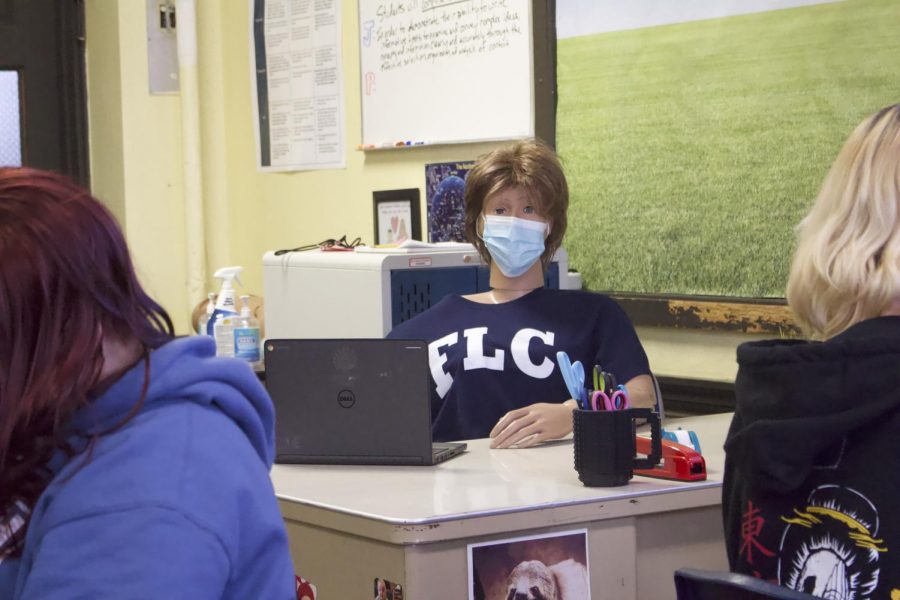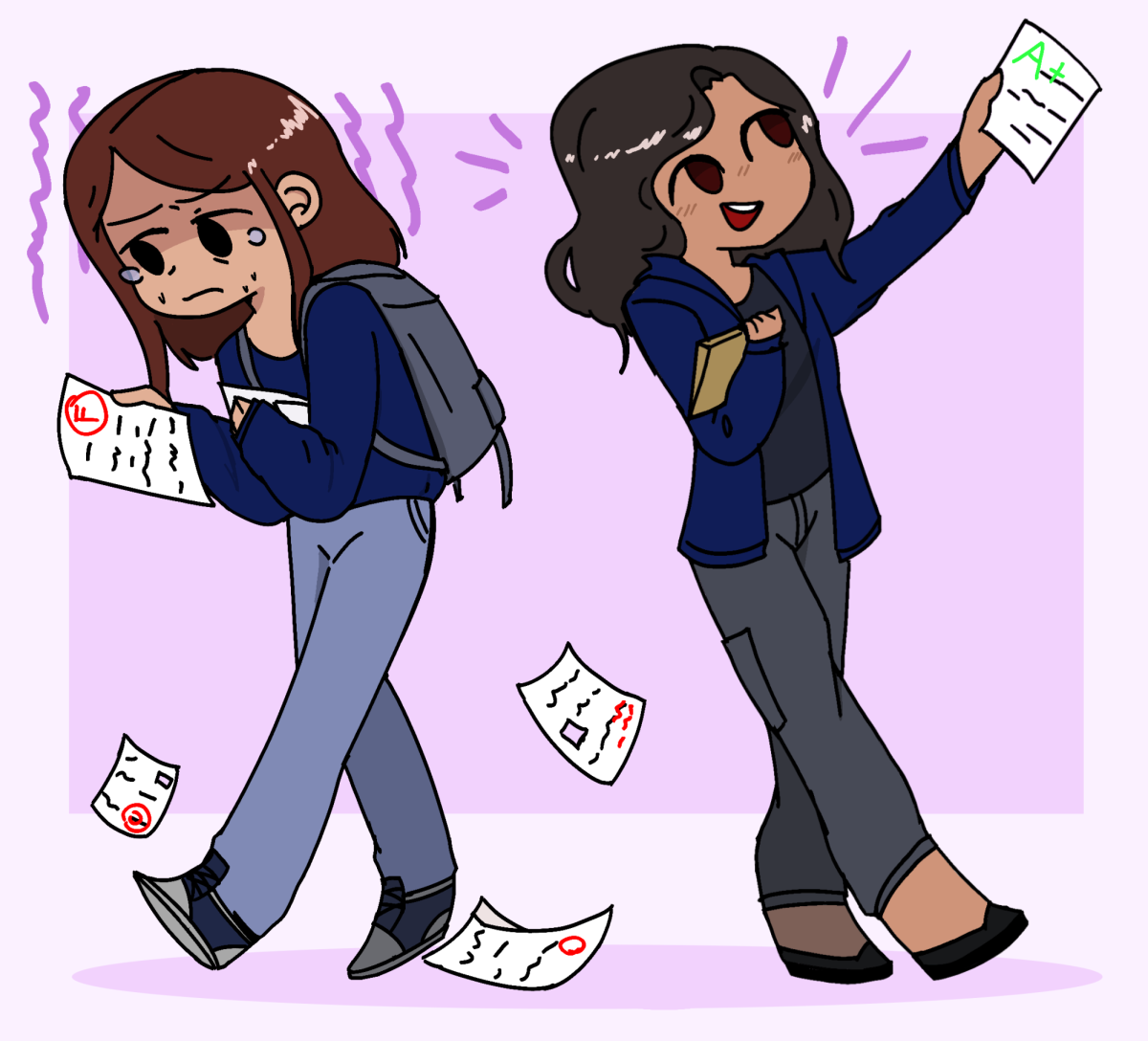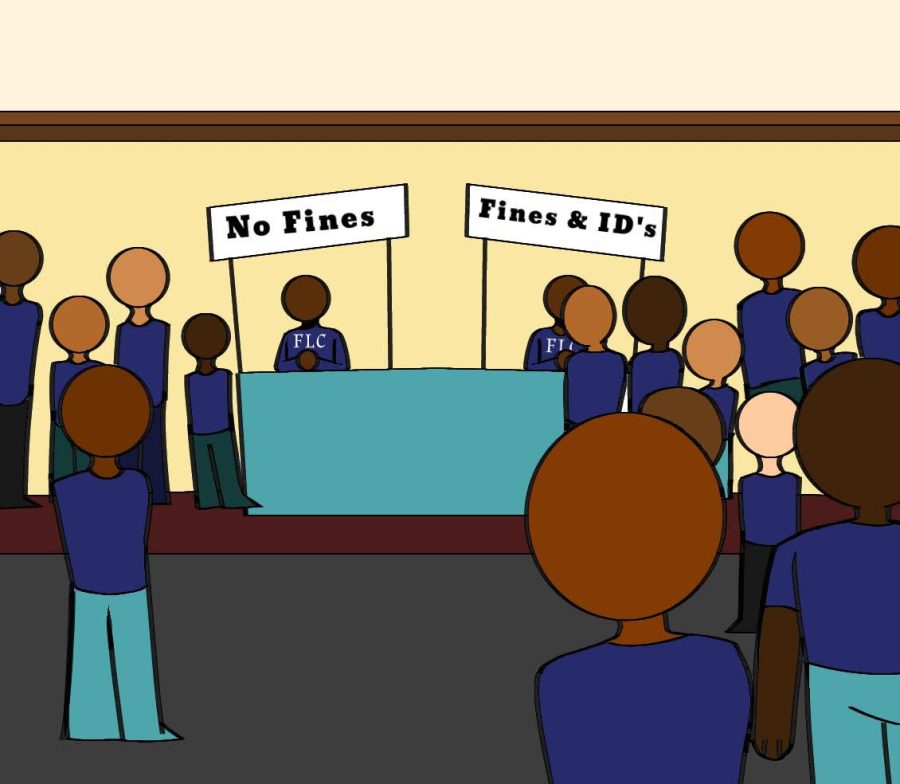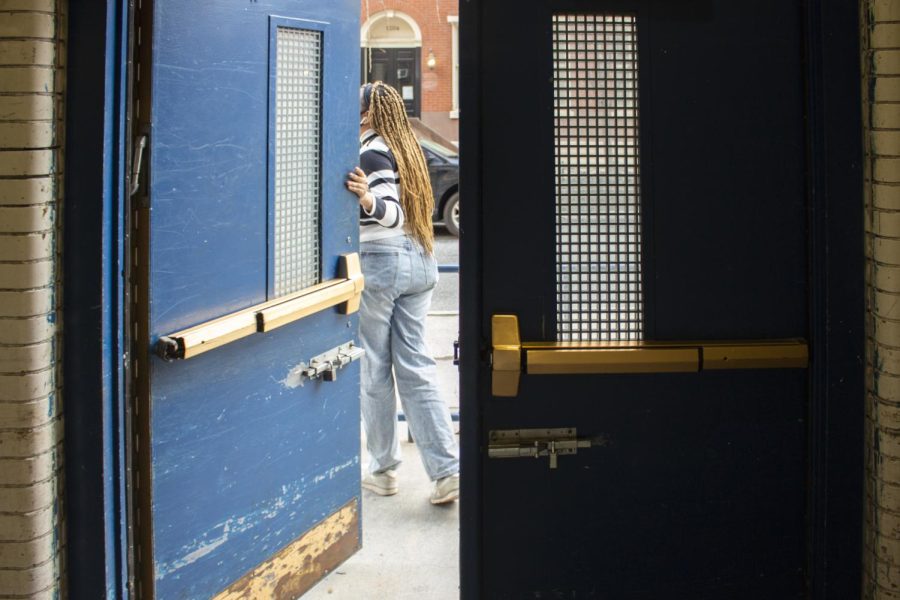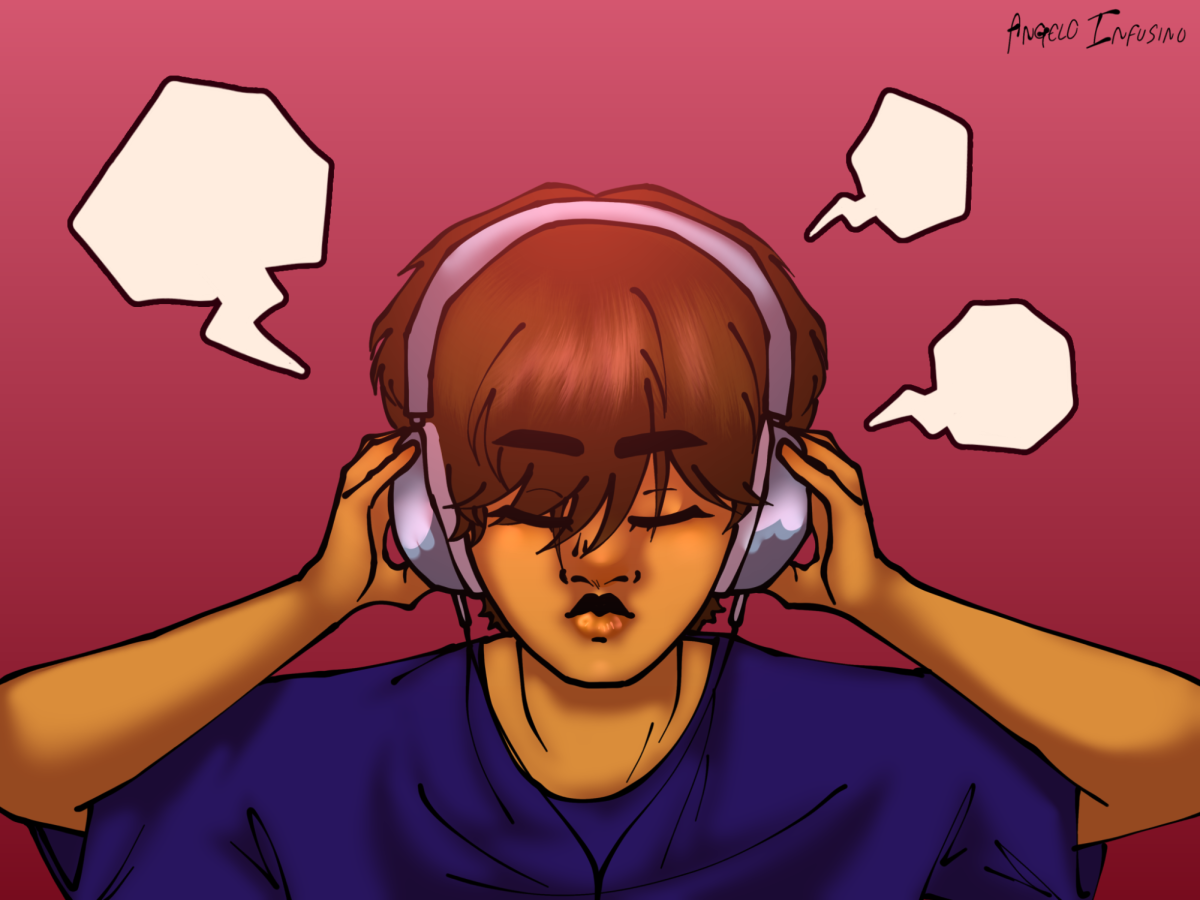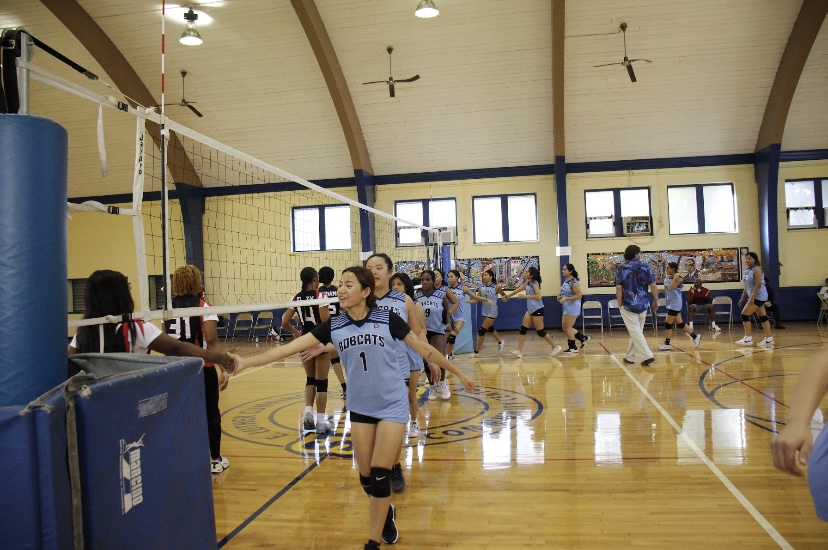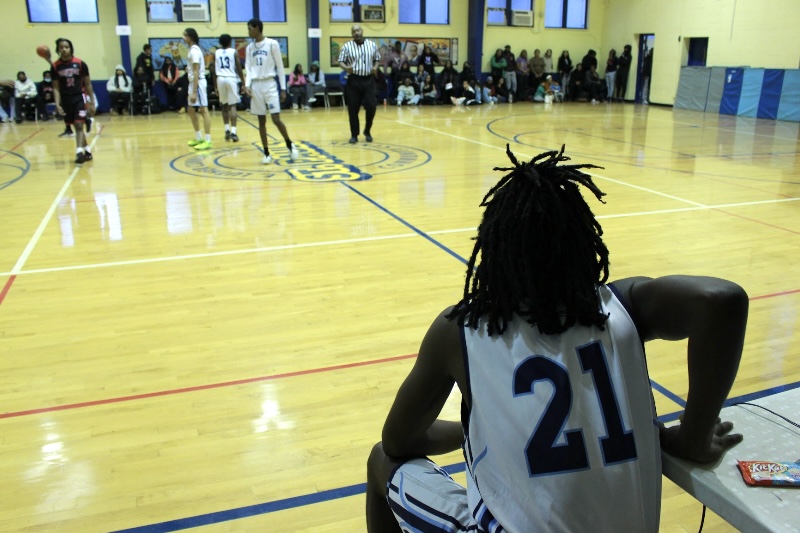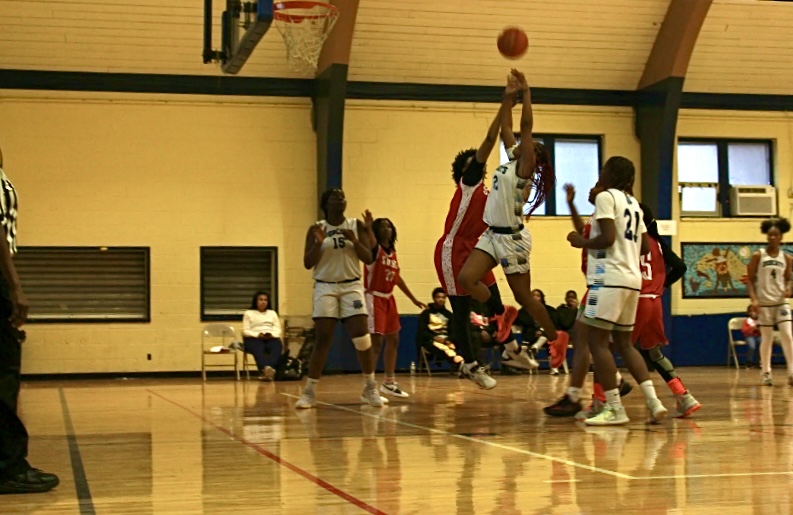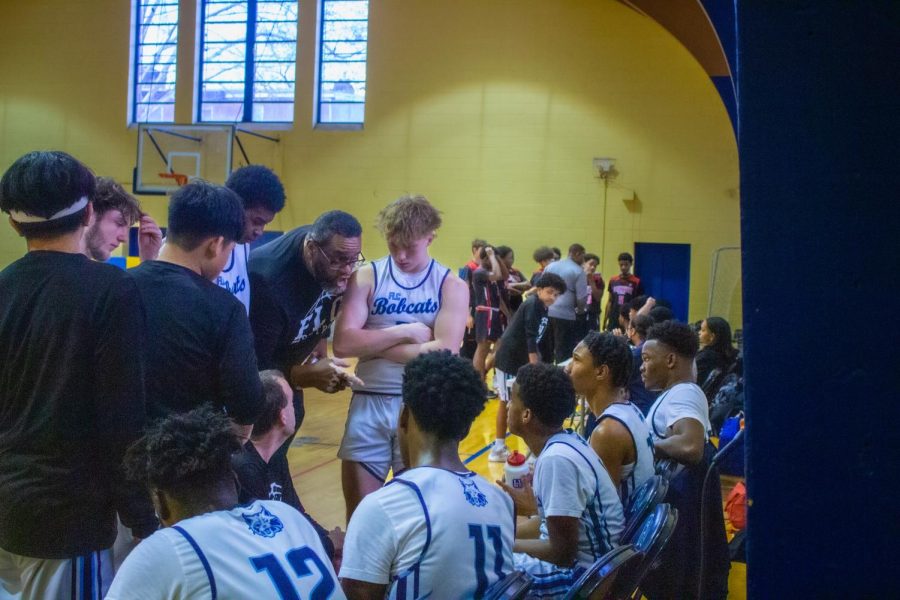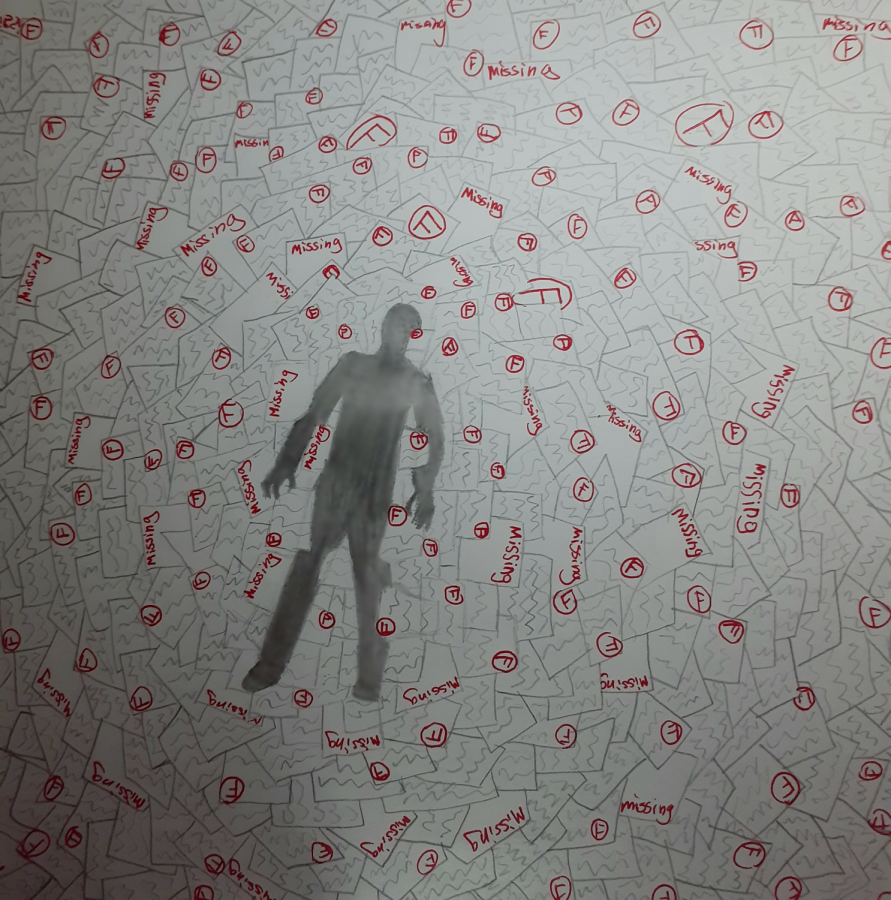To combat stress, students must pressure the District
December 22, 2021
Even though stress is something nearly every human being experiences, it is not an inherently negative occurrence. It is an essential part of the human experience. But, like many things, we all must go through it in moderation. If not, the burden and trauma could cause everlasting harm.
In an article about stress during the pandemic, Kristen Graham interviewed many students in Philadelphia.
“We are all depressed, we are all breaking down every day,” said Ferrara, “I barely made it through last quarter,” said Santos-Roman, “I have mostly C’s or D’s or F’s because things are so hard. Last year, I was mostly an A student.”
This shows how stress could have a toll on a person’s mental health, particularly in children. Where an A student can go from a bright future to failing classes at the speed of light.
So why are Philadelphian students and school staff so stressed out? At the root of the problem, it’s a lack of government intervention, at a local scale, the School District of Philadelphia. On the surface, there are many issues, all of which are valid, but none more concerning and frustrating than the blatant lack of care the district takes with their students and employees.
“The students have taken their concerns to Principal Patricia McDermott-Fair, who has not made meaningful changes to the schedule,” they said. District leaders did not make McDermott-Fair available for comment. In a statement Malika Savoy-Brooks, the district’s chief of academic supports, said she understood remote learning is challenging for some. “That is the extent of the District’s mercy, semi-kind words, and hiding figures. No action was taken, no concern was shown, it may seem like an overreaction to an annoying system, but for students and even teachers school can be a dread, on top of the already hostile environment in Philadelphia.
Now we come to the most infuriating part, how easily they could fix these stress-causing issues, like asbestos and weapons in the building and the extreme amount of work that teachers pile onto their students.
One of the most stressful issues for students, but especially among teachers, is the lack of safety in the building. This is an issue that can be categorized further into two parts. The most consistent and maybe most dangerous problem is the safety hazards within the walls of schools. Quoted from an article from The Flash by The Flash editorial board, ¨Over the years, the SDP has periodically removed asbestos from FLC and other schools, but their visits have only shown slow progress on an urgent matter.¨And the more talked about the more frightening threat, actual threats, in the form of gangs, school shooters, or any other variety of gun-toting maniac.
Another pressing issue is the immense pressure applied to students by homework and tests. Tests are very important to grading, counting for a whopping 40% in any given class. Outside of the conventional classroom standardized tests like the SATs play a large role in which college you can attend. And though there is an argument to be had on how essential it is, college can determine what jobs you can get, affecting many other areas of adult life. That´s a lot for a high schooler to carry, like a very stressful domino effect.
But homework for many students is the largest cause of stress. In terms of percentages, for a form of work that takes up 10% of your grade homework takes up an easy majority of student stress levels. The question might be asked,¨Why are students so worried about homework?¨ Well there are a few reasons, first of all, it can be embarrassing to come into school with homework not done, or half-finished, and teachers can be cruel. Also, homework does affect grading, as 10% can be the difference between a low grade, and a failure. In addition, future lessons can depend on comprehension that can’t be gained without doing homework, further affecting grades. And as always it’s a simple fix, put a limit on the amount of homework a teacher is allowed to assign. An article from Stanford by Brooke Donald quoted, “For example, we have teachers who teach AP classes and cut their homework load in half, and the kids end up doing as well on the exam. You don’t have to do four hours of homework to learn something in-depth or to retain it. But four hours of homework can be incredibly damaging physically and emotionally.”
So now we ask, how do we improve stress in schools? The answer is to apply stress to the District. Peace is what is needed to maintain unity and maintain relations, but sometimes anger, violent words are what is required. Sometimes there is no other option but to fight fire with fire. Bother them about the lack of a limit on homework that forces kids to stay up late into the night to get an A, and then wakes up at 5:30 in the morning to get to school to continue the same vicious cycle. Persecute them for the asbestos and lead paint in the walls of 80% of Philadelphia public schools. Harass them about the lack of support for the students who are suffering from anxiety, depression, and suicidal thoughts from these issues on top of the ones following them from home. This is what is required to mend this broken system.







![[VIDEO] FLC 10th grade student awarded $40,000 in a BigFuture Scholarship](https://theflashflc.org/wp-content/uploads/2023/05/Screen-Shot-2023-05-02-at-4.39.10-PM-900x493.png)
![[VIDEO] Mayoral candidates campaign on student issues](https://theflashflc.org/wp-content/uploads/2023/04/IMG_1387-900x506.jpg)


